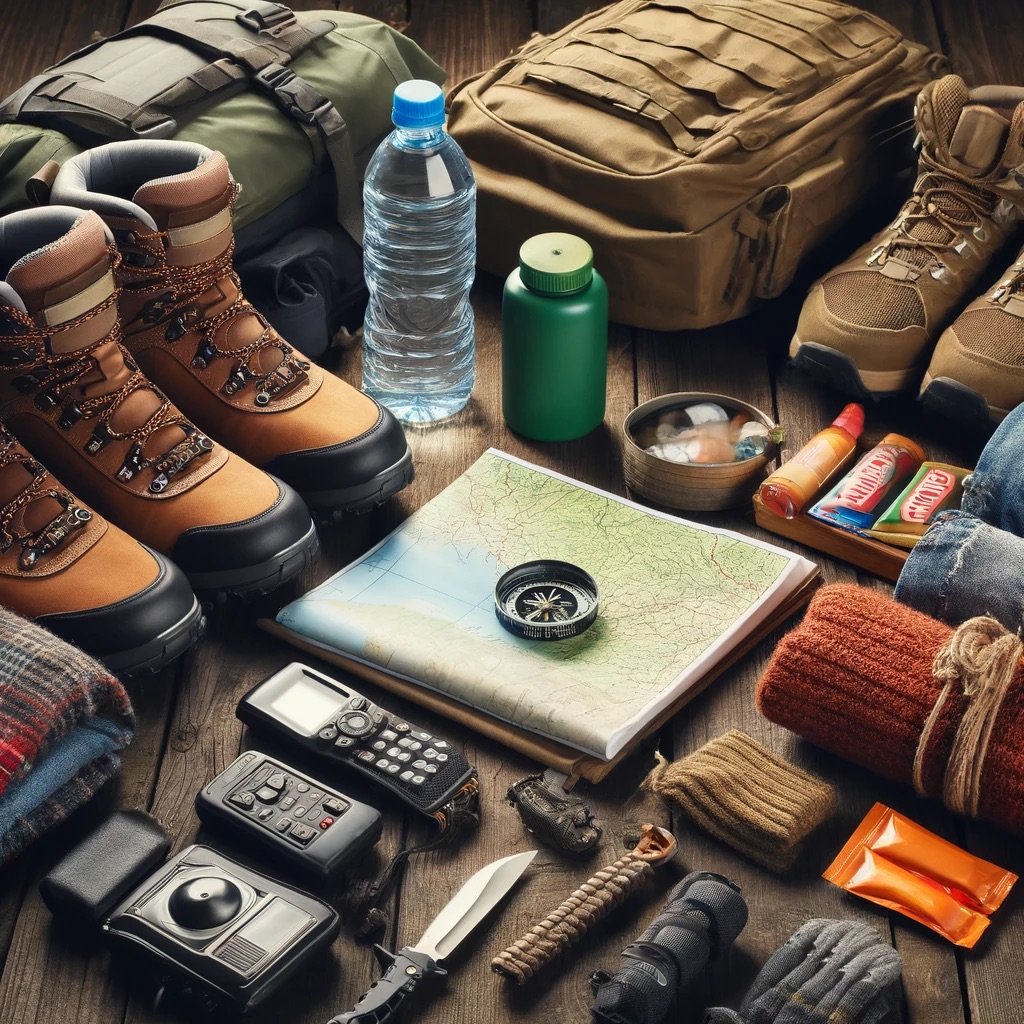Embarking on your first hiking adventure can be both exciting and daunting. This beginner’s guide to hiking will help you prepare and ensure a safe and enjoyable experience on the trails.
Choosing the Right Trail
The first step in your hiking journey is selecting a suitable trail. As a beginner, opt for a trail that matches your fitness level and experience. Look for well-marked trails with easy to moderate difficulty. Local parks, nature reserves, and national parks often have beginner-friendly trails with beautiful scenery.
Essential Hiking Gear
Proper gear is crucial for a comfortable and safe hike. Here are the essential items you need:
- Hiking Boots: Invest in sturdy, comfortable hiking boots that provide good ankle support and traction.
- Backpack: A lightweight, comfortable backpack to carry your essentials.
- Clothing: Wear moisture-wicking clothing and dress in layers to adapt to changing weather conditions. A hat and sunglasses are also recommended.
- Water Bottle: Stay hydrated by bringing enough water for the duration of your hike.
- Snacks: Pack energy-boosting snacks like trail mix, nuts, and fruit.
- First Aid Kit: A basic first aid kit with bandages, antiseptic wipes, and any personal medications.
- Map and Compass: Even if the trail is well-marked, it’s good to have a map and compass or a reliable GPS device.
Preparation and Safety Tips
Proper preparation is key to a successful hike. Here are some important tips:
- Research the Trail: Gather information about the trail, including its length, elevation gain, and any potential hazards.
- Check the Weather: Always check the weather forecast before heading out and dress accordingly.
- Tell Someone: Inform a friend or family member about your hiking plans, including your expected return time.
- Start Early: Begin your hike early in the day to allow plenty of daylight for your adventure.
- Pace Yourself: Start at a comfortable pace and take breaks as needed to avoid overexertion.
- Stay on the Trail: Follow marked trails to avoid getting lost and to minimize your impact on the environment.
Leave No Trace Principles
As a responsible hiker, it’s essential to follow the Leave No Trace principles to protect the natural environment:
- Pack Out Trash: Carry all your trash out with you, including food wrappers and biodegradable waste.
- Respect Wildlife: Observe animals from a distance and do not feed them.
- Stay on Marked Trails: Avoid creating new paths that can damage vegetation and soil.
- Leave What You Find: Do not take natural objects or cultural artifacts.
Enjoying the Hike
Hiking is not just about reaching the destination; it’s also about enjoying the journey. Take the time to appreciate the beauty of nature, listen to the sounds of the forest, and breathe in the fresh air. Hiking can be a meditative and rejuvenating experience, offering a break from the hustle and bustle of daily life.
Conclusion
With this beginner’s guide to hiking, you’re now ready to hit the trails with confidence. Remember to choose the right trail, pack essential gear, prepare adequately, and follow safety tips. Embrace the adventure, enjoy the natural beauty, and reap the physical and mental health benefits of hiking. Happy trails!









